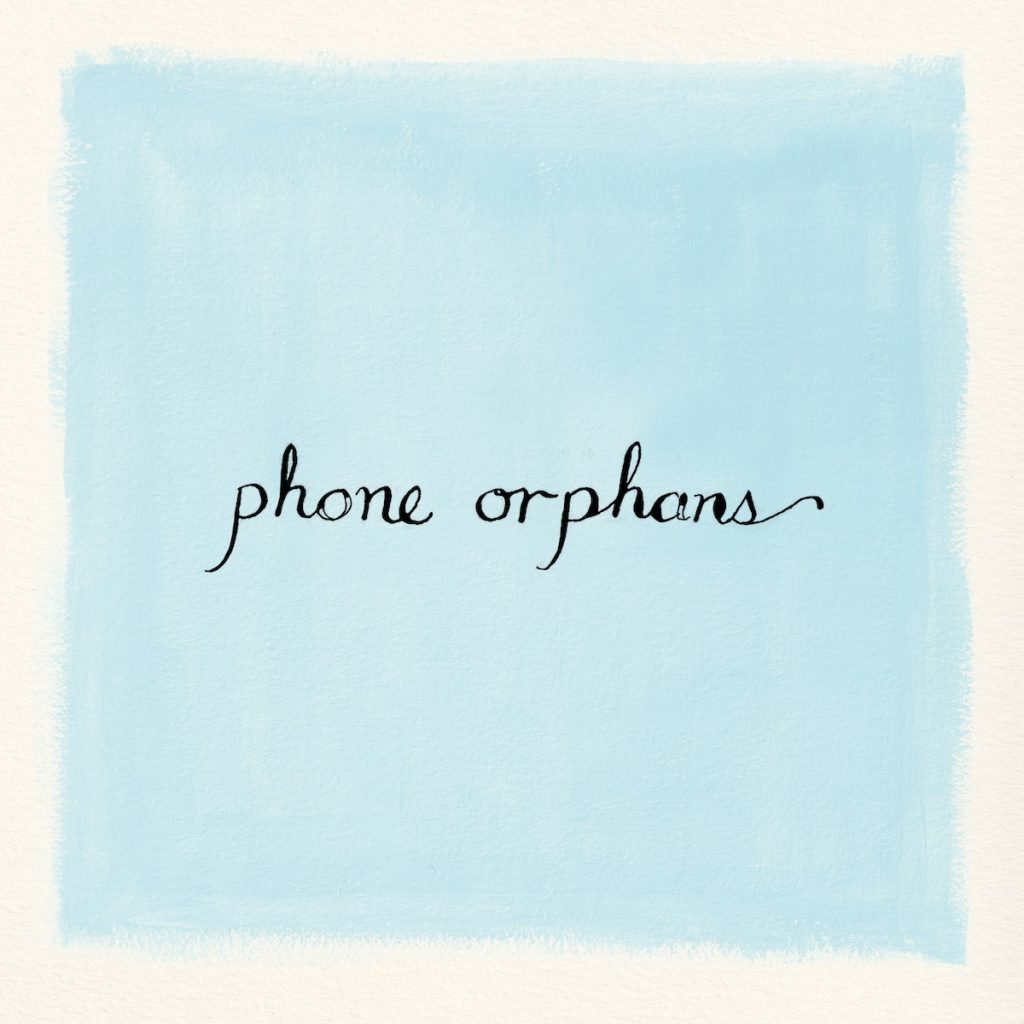ALBUM REVIEW: Songs of ‘Phone Orphans’ Steer Laura Veirs Through Upheaval

Laura Veirs’ newest album, Phone Orphans, was written between 2016 and 2022, a time period of immense change that upended much of the world as we knew it: two hugely consequential presidential elections, a pandemic, and a war in Europe. For Veirs personally, this period included both a divorce and a fruitful creative period.
Phone Orphans — which emerged out of almost 900 voice memos — sees Veirs confront a period of upheaval with signature patience, grace, and empathy. Like so much of Veirs’ 13th album, lo-fi opener “Creatures of a Day” is driven by little more than gentle acoustic guitar playing. “Behold all the pain around / And let it in somehow,” Veirs recommends. Written in the first pandemic winter, the song sees Veirs drill down to find a previously undiscovered bedrock of resilience (“Dig deep and you find a gold vein / You didn’t know you were holding.”)
Much of Phone Orphans looks for deeper meaning in life’s little intimacies and mundanities. On “Tree Climber,” Veirs finds fleeting moments of peace in the natural world, while sleep proves the most reliable refuge of release on closer “Piano Improv.”
On the affecting “Next One, Maybe,” yearning meets a sense of radical acceptance as Veirs pines for a relationship while beginning to resign herself to rejection. “I might fit perfectly in your arms / Just like that road weary old guitar,” Veirs sings in one the LP’s most evocative couplets. “If not in this life, the next one, maybe?”, she goes on to bargain.
“I like to be personal in my writing, but not overly confessional,” Veirs has previously said of her writing. Fittingly, the emotional centerpiece of Phone Orphans, “Valentine,” is a deeply personal number that turns its focus outward.
The ode to her late grandfather, who succumbed to schizophrenia, speaks to the ways our demons can consume us and make us unrecognizable. “You grew to be a stranger”, sings Veirs, her voice reaching into its upper register and holding on to every note until it wobbles.
But ultimately, Veirs lingers on grace, remembering who her grandfather was “before the voices crowded out your mind.” “I know you did your best,” she croons, addressing him directly; “your legacy is a life,” she reassures. Rather than define him by his most embattled moments, she preserves her warmest recollections of him and illuminates them in amber. It’s the sort of deeply graceful eulogy that we all should be so lucky to receive. Ultimately, “Valentine,” like so much of Phone Orphans, is a staggeringly warm and compassionate portrait of the human condition — and a reminder of the power of creating to find salvation.
Laura Veirs’ Phone Orphans is out Nov. 3 on Raven Marching Band Records.





